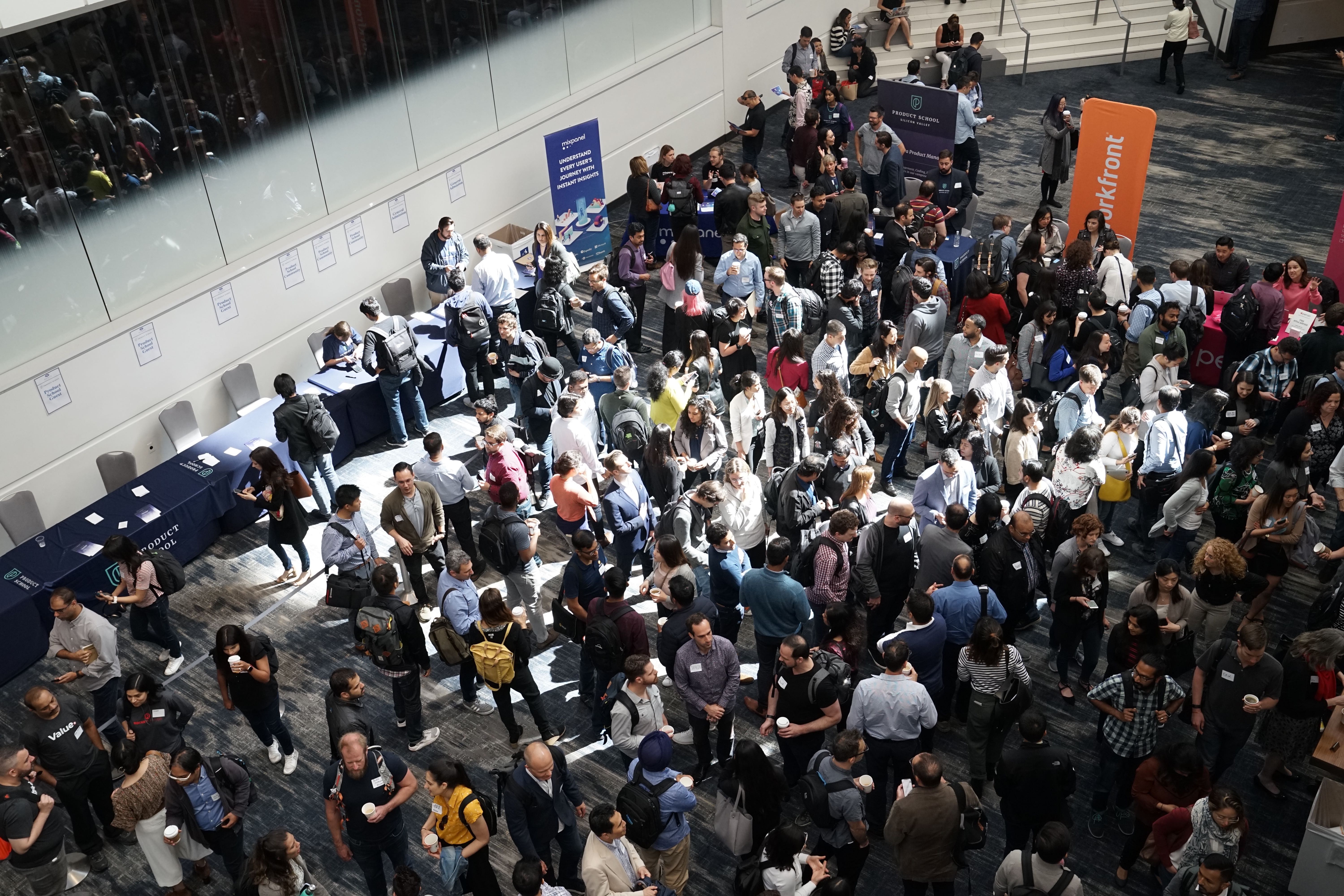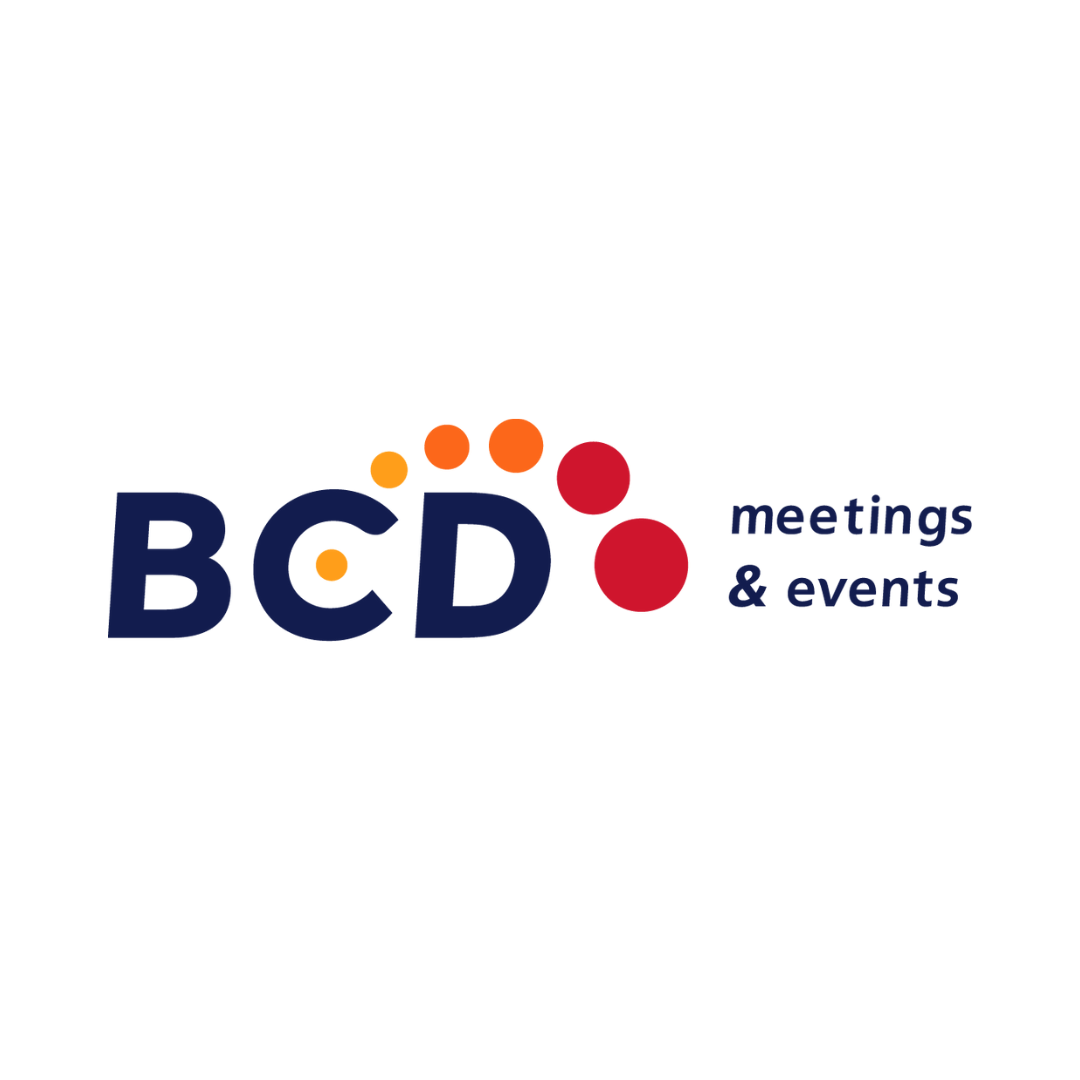Event marketing is essential in order to engage your audience before, during and after your event. One way to do this is through a robust content strategy. In previous articles, we discussed pre-event content strategies, on-site content strategies, and now, we continue this series by discussing audience engagement post-event.

Creating a content strategy: post-event
If you’ve thoughtfully mapped out your content strategy and stayed true to your business objectives before and during your event, post-event content should flow as a natural extension of your brand and the existing conversation. Ideally, you can use post-event content as an opportunity to build on the connections you established with your audience face-to-face.
During the event, you should have cleverly collected data on your audience that you can now integrate into your messaging and future events. What many companies struggle with, however, is how to understand that data and effectively plug it into their content strategy.
Knowing Your Audience
This is where targeting your communications through marketing automation tools comes in. It’s critical to know your audience personas, creating campaigns that track when each individual is likely to engage and the ideal time to follow up. Often, event managers fall back on standard surveys, asking questions such as, “Did you like the food?” or “How would you rate the bus transportation?” But in the big picture of your event and company objectives, those things aren’t significant. Instead, you want to find ways to understand if your event content has actually made an impact or changed behavior.
Read more on Why Content is Important in Event Marketing
Enhancing Post-Event Surveys
One way to do this is to employ more sophisticated post-event surveys that are built out with responsive design that’s mobile friendly, and that give a more dynamic visual representation of what happened at the event. It’s also key to ask more targeted questions to get feedback that will truly help you evolve and better target your content leading up to future events.
The ultimate objective is to create an ongoing journey with your attendees year over year, not just at one particular event—but a very small number of companies have a strategy like this in place. (Need help figuring how to curate your data into something meaningful, or learn how to collect it in the first place? BCD Meetings & Events can help.)
Read the next part of our content series to learn three tips for creating an Event Content Strategy.
Visit our Creative & Engagement page to learn more about
Event Marketing.
Originally published Jun 27, 2019 3:30:00 AM
Last updated on Jan 4, 2023 4:52:02 PM

